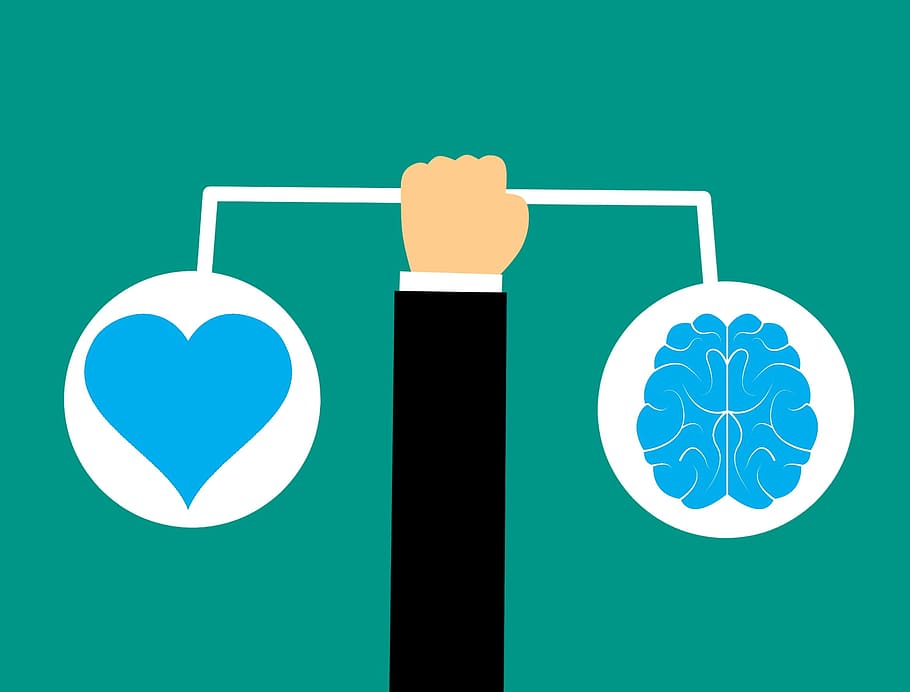
FAQ About Basics of Emotional Intelligence
How does emotional intelligence influence decision-making?
Emotion Awareness: Emotional intelligence involves recognizing and understanding one's own emotions. This self-awareness helps individuals identify and acknowledge the emotions they experience during the decision-making process. Being aware of these emotions allows for a more accurate assessment of their potential influence on decision outcomes.
Emotional Regulation: High EI individuals are skilled at managing and regulating their emotions effectively. When making decisions, they can control impulsive emotional reactions and maintain a calm and rational state of mind. This emotional regulation helps prevent biased or irrational decision-making driven solely by strong emotions.
Considering Others' Emotions: Emotional intelligence involves empathy and understanding the emotions of others. When making decisions that impact others, individuals with high EI consider the potential emotional consequences on those involved. They weigh the emotional impact on stakeholders, colleagues, or team members, which leads to more considerate and inclusive decision-making.
Balancing Logic and Emotion: Emotional intelligence enables individuals to integrate emotions with logical reasoning in the decision-making process. While emotions provide valuable insights and intuition, they need to be balanced with rational analysis and objective information. High EI individuals consider both the emotional and logical aspects of a decision, seeking a well-rounded perspective.
Decision Impact on Emotional Well-being: Emotional intelligence recognizes the link between decisions and emotional well-being. High EI individuals assess how decisions may affect their own and others' emotional states. They strive to make choices that promote positive emotions, job satisfaction, and overall well-being.
Social Dynamics and Relationships: Emotional intelligence considers the impact of decisions on relationships and social dynamics. High EI individuals are attuned to the emotions and needs of others, recognizing that decisions can influence interpersonal dynamics and team morale. They make decisions that foster collaboration, trust, and positive relationships within their professional and personal spheres.
Intuition and Gut Feelings: Emotional intelligence values and incorporates intuitive cues and gut feelings in decision-making. High EI individuals trust their intuition and consider the emotional signals that arise during the decision-making process. They recognize that emotions can provide valuable insights and guide them toward the right course of action.
Adapting to Changing Emotional Contexts: Emotional intelligence allows for flexibility in decision-making based on changing emotional contexts. High EI individuals are adept at recognizing shifts in emotional dynamics and adjusting their decisions accordingly. They are responsive to emotional cues and adapt their strategies to align with evolving circumstances.
